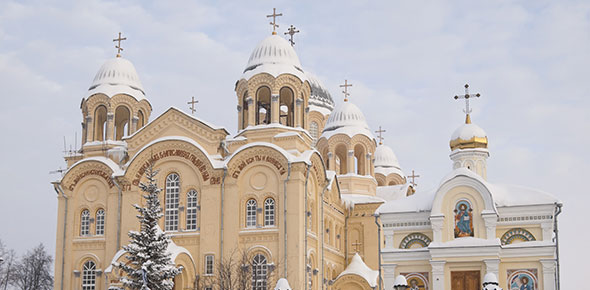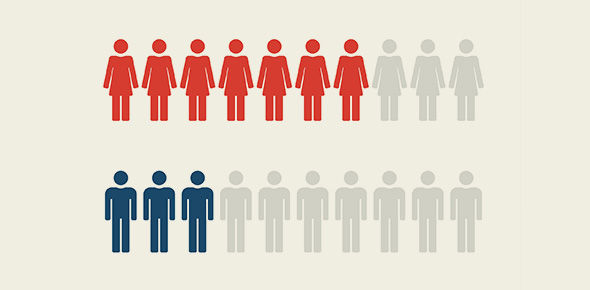Related Flashcards
Related Topics
Cards In This Set
| Front | Back |
|
What distinguishes a sociologist from any other person?
|
1. Topics of interests to sociologists are usually of great personal AND social concern
2. They do not focus on personal relationships 3. They create theories based on data and then publish them |
|
Define sociological theory.
|
A set of interrelated ideas that allow for the systemization of knowledge of the social world, the explanation of that world, and the predictions about the future of the social world
|
|
Define grand theory.
|
An effort to tell the story of a great stretch of human history and/or a large portion of the social world
|
|
Define theories of everyday life.
|
Theories that focus on such everyday and seemingly mundane activities as individual thought and action, the interaction of two or more people, and the small groups that emerge from such interaction
|
|
All sociological theories in the book have ____________.
|
A wide range of applicability.
|
|
Give a brief biography of Emile Durkheim and list his main areas of study.
|
(1858 - 1917) French sociologist who attempted to establish the field as a science; pioneered early use of statistical analysis.
- Grand theory involves a concern for the historical shift from primitive mechanical societies to modern organic societies |
|
Define mechanical solidarity and organic solidarity.
|
Mechanical Solidarity - the idea that primitive society is held together by the fact that there is little division of labor, so everyone does virtually the same things
Organic Solidarity - the idea that division of labor in modern society causes solidarity to come from differences, or the necessity for an increasing number of people to get things done |
|
Define dynamic density.
|
The number of people and their frequency of interaction; an increase in dynamic density leads to the transformation from mechanical to organic society, and a division of labor to prevent disorder, competition, and conflict
|
|
Define collective conscience.
- Where is it more prevalent? |
The ideas shared by the members of a collective group or society
- more prevalent in mechanical society |
|
Define repressive and restitutive law.
|
Repressive Law - characteristic of mechanical society; form of law in which offenders are likely to be punished for any action that offends the collective conscience
Restitutive Law - characteristic of organic society (a weakened collective conscience); form of law in which offenders are likely to be asked to comply with the law of make restitution to those who were harmed |
|
Define anomie.
|
A sense, associated with organic solidarity, of not knowing what one is expected to do; of being adrift in society without any clear and secure moorings...a question of life purpose due to shifting from mechanical to organic societies
|
|
Define anomic suicide.
|
People are more likely to kill themselves when they do not know what is expected of them...having no guidance is unsatisfying
|
|
Define egoistic suicide.
|
When people are not well integrated into the group and are left on their own, they feel a sense of futility, meaninglessness, and a sort of moral freedom that permits killing themselves
|
|
Define altruistic suicide.
|
When people are too well integrated into society, they are likely to kill themselves in greater numbers because the group leads/forces them to
|
|
Define fatalistic suicide.
|
In situations of excessive regulation, people are often so distressed and depressed by the lack of freedom that they take their own lives
|





